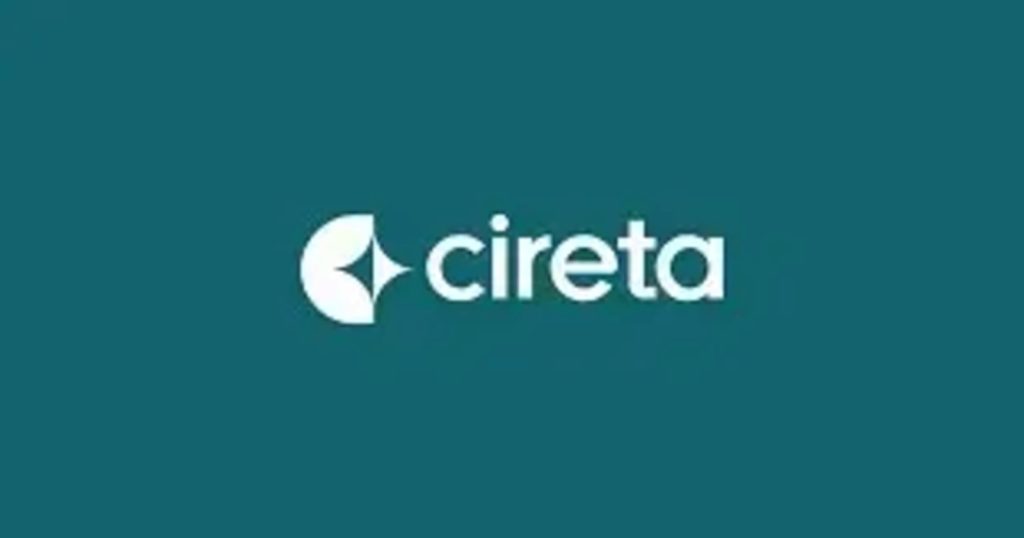In recent years, the financial world has witnessed rapid innovation, driven largely by blockchain technology. One of the most impactful innovations is RWA Tokenization, which is revolutionizing how individuals and institutions invest in and interact with real-world assets. As a pioneer in this space, Cireta is at the forefront of unlocking new opportunities for investors by bridging the gap between traditional finance and decentralized finance.
Understanding RWA Tokenization
RWA Tokenization refers to the process of converting ownership rights of physical or tangible assets into digital tokens on a blockchain. These assets can range from real estate, commodities, and art to bonds, equities, and even intellectual property. By tokenizing these assets, investors can buy, sell, and trade fractions of ownership through secure and transparent blockchain networks.
Traditionally, investing in certain high-value assets like real estate or fine art was restricted to wealthy individuals and institutions due to high entry barriers. However, RWA Tokenization democratizes access by allowing fractional ownership, enabling a much wider pool of investors to participate.
The Advantages of RWA Tokenization
The appeal of RWA Tokenization lies in the numerous benefits it offers to both asset owners and investors:
- Accessibility
Tokenization reduces investment thresholds by allowing fractional ownership. For example, instead of needing millions to purchase property, investors can acquire tokenized shares of the same property at significantly lower amounts. - Liquidity
Many real-world assets, such as real estate, are traditionally illiquid and difficult to sell quickly. Through RWA Tokenization, these assets can be traded on blockchain-based marketplaces, significantly improving liquidity. - Transparency and Security
Blockchain technology ensures that all transactions are recorded in an immutable ledger. This enhances trust by eliminating intermediaries and providing complete transparency in asset ownership and transfers. - Efficiency
The elimination of middlemen, such as brokers and banks, reduces transaction costs and time. Investors benefit from quicker settlement processes and lower fees. - Global Reach
RWA Tokenization opens investment opportunities to a global audience, transcending geographical boundaries and regulatory constraints in many cases.
The Role of RWA Tokenization in DeFi
Decentralized Finance, commonly known as DeFi, has grown rapidly by offering alternatives to traditional banking systems through blockchain-based platforms. RWA Tokenization plays a crucial role in enhancing the DeFi ecosystem by introducing tangible, real-world value into the digital financial landscape.
Tokenized assets can be used as collateral for decentralized lending, borrowed against for liquidity, or traded seamlessly on decentralized exchanges. This integration of physical assets into DeFi not only expands the use cases of blockchain but also brings greater stability and legitimacy to decentralized markets.
Cireta’s Contribution to RWA Tokenization
Cireta is a company that understands the transformative potential of RWA Tokenization. By leveraging blockchain technology, Cireta is creating platforms that allow investors to diversify portfolios, enhance liquidity, and participate in previously inaccessible markets.
The company’s vision revolves around making finance more inclusive and transparent. By enabling tokenization of real-world assets, Cireta empowers both asset owners and investors. Asset owners can unlock liquidity from their holdings without having to sell entire properties or items, while investors gain access to assets that were once restricted to high-net-worth individuals.
Cireta also places a strong emphasis on regulatory compliance, ensuring that the process of RWA Tokenization aligns with the evolving global financial laws. This approach fosters trust among institutional investors while making the platform equally attractive to retail participants.
Use Cases of RWA Tokenization with Cireta
The applications of RWA Tokenization through Cireta’s innovative solutions are vast. Here are some prominent examples:
- Real Estate
Real estate tokenization allows investors to purchase fractional ownership of properties. Cireta enables investors to diversify across residential, commercial, and industrial properties with reduced capital requirements. - Commodities
Assets such as gold, silver, and oil can be tokenized to provide more liquidity and transparency in commodity markets. With Cireta, investors can access these markets more efficiently. - Art and Collectibles
Tokenization of fine art and collectibles enables shared ownership of high-value items. This allows multiple investors to hold stakes in valuable assets while enhancing market accessibility. - Debt Instruments
Bonds and other fixed-income securities can be tokenized, offering investors a streamlined way to trade or use these instruments as collateral in the DeFi ecosystem.
The Future of RWA Tokenization
As blockchain adoption continues to rise, the demand for tokenized assets is expected to grow substantially. RWA Tokenization has the potential to create a global, inclusive financial system that reduces barriers and provides greater liquidity.
Experts predict that RWA Tokenization will not only reshape investment markets but also redefine financial interactions across industries. With more companies and institutions exploring the benefits of blockchain, tokenized assets may soon become the standard rather than the exception.
Cireta is playing a pivotal role in shaping this future. By combining technological innovation with a deep understanding of financial systems, the company is building an ecosystem where investors can access diverse opportunities while asset owners benefit from newfound liquidity and transparency.
Challenges and Considerations
While RWA Tokenization offers immense potential, there are challenges that need to be addressed for its widespread adoption. These include:
- Regulatory Uncertainty
Different countries have varying regulations around tokenized assets, and harmonization is still evolving. Companies like Cireta must navigate these complexities to ensure compliance. - Technology Integration
For traditional institutions to embrace tokenization, integration with existing systems and processes is necessary, which can be complex and resource-intensive. - Market Education
Investors and asset owners must be educated about the advantages and risks of RWA Tokenization to ensure informed participation.
Conclusion
RWA Tokenization is transforming the financial world by bridging the gap between traditional and decentralized finance. It democratizes access, enhances liquidity, and creates new opportunities for investors across the globe. With companies like Cireta leading the way, the future of tokenized assets looks bright and promising.
As blockchain adoption accelerates, RWA Tokenization will likely become a cornerstone of global finance, driving inclusivity, transparency, and efficiency in markets that were once limited to a select few. Cireta’s mission to empower investors and asset owners positions it as a key player in shaping this transformative journey.


